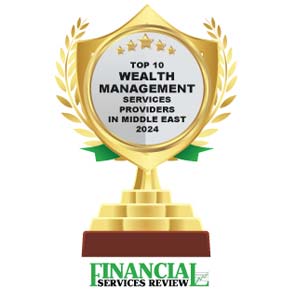Recent tax changes in the Middle East, including the introduction of VAT in Saudi Arabia and the UAE, have reshaped wealth management opportunities and investment strategies. Corporate taxes on business profits in the UAE have also impacted high-net-worth individuals and business owners.
Diversifying investments across different jurisdictions, utilizing tax treaties, implementing estate planning strategies, and ensuring compliance with Sharia law to optimize tax efficiency is essential. Employing tax-efficient investments, leveraging tax credits and incentives, and establishing holding companies in taxfriendly jurisdictions are also beneficial strategies.
Adapting to regulatory changes requires staying informed about local and international tax regulations, integrating digital solutions for tax planning and wealth management, and maintaining robust cybersecurity measures to protect sensitive financial information. Understanding new tax regulations and implementing effective tax optimization strategies are crucial for individuals and businesses in the Middle East.
In this edition on Wealth Management Middle East 2024, we feature the companies Ethra Invest and Probus Pleion and delve into how these services providers foster financial literacy, empowering individuals and businesses to make informed decisions, plan for the future, and secure their economic wellbeing. The magazine highlights valuable perceptions from Minolee Fernando, Finance Director - MENA Region, Colliers, and Chad A. Schmookler, Senior Director, International Operations, InComm. As the region undergoes economic and social transformations, wealth management providers are poised to play a crucial role in shaping the financial landscape. Their expertise will be instrumental in unlocking opportunities and safeguarding prosperity for future generations.
We hope these valuable insights from industry leaders featured in this edition will assist you in making informed decisions for your businesses.

















